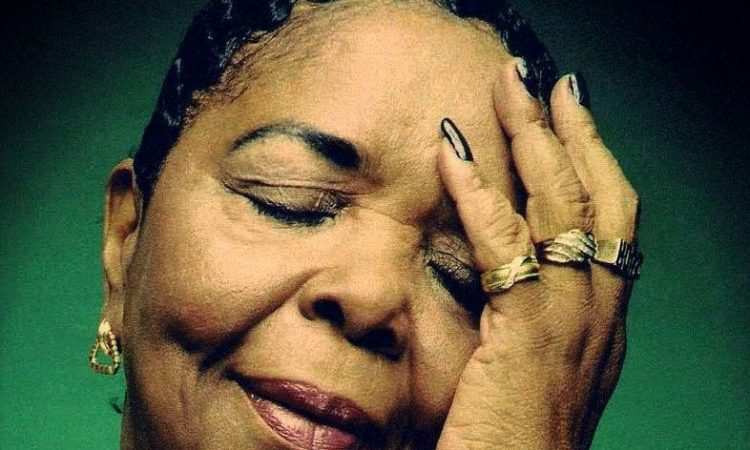Hermeto Pascoal, 'the wizard' of Brazilian music, dies at 89
Cabo Verde: President hails ‘historic’ UNESCO classification of morna music

Cesária Évora. [File photo: Portugal News]
The president of Cabo Verde has hailed as a “historic” achievement the classification of the morna, a style of music developed in the archipelago, as UNESCO Intangible Heritage of Humanity, expressing the hope that the news can contribute to deepening the study of the morna and its dissemination abroad as well as encouraging youngsters to learn about it.
“I want to congratulate all the teams involved in this process, for the success achieved, and to [express the] wish that this important classification can contribute to the deepening of the study of the morna, its greater international dissemination, greater learning by younger people, and the development of all the requirements that result from this new status, for the good of our music, our culture, and this land of sound that is Cape Verde,” wrote Jorge Carlos Fonseca in a post on his Facebook page.
The post was put up just minutes after the morna was classified by the United Nations Educational, Scientific and Cultural Organisation at the 14th annual meeting of its Intergovernmental Committee for the Safeguarding of Intangible Cultural Heritage, which has been taking place since Monday in Bogotá, Colombia.
According to the president of Cabo Verde, the classification is a reward not only for those who submitted the bid, but also those who worked to help it success, as well as to the thousands of musicians, composers, performers, singers and lovers of this musical style, in the archipelago, in the Cabo Verdean diaspora and in the farthest corners of the world.
“It is with great joy that we receive the news that the morna is, from now on, officially, Intangible Heritage of Humanity, classified by UNESCO, alongside several other artistic and cultural expressions,” he noted.
Fonseca said that the decision was a “great joy for all the Cabo Verdean people, on the islands, but especially in the diaspora, where the morna is felt very much to be theirs, where it is assumed as an immanent space of this feeling [that is] intrinsically of the creole land.”
Popularly considered the “queen of music” of Cabo Verde, as described in one of the most famous songs, ‘Nôs Morna’ (Our Morna), penned by the poet Manuel d’Novas, the documents to support its bid for UNESCO status comprises more than 1,000 pages and around 300 interviews. They were formally delivered by the Cabo Verde government on 26 March 2018.
According to the application, the morna is thought to have emerged in the 19th century, though is no consensus on the origin of its name or the island where it was invented: either Boa Vista or Brava.
The bid for UNESCO status was supported by Portugal, where it was worked on by Paulo Lima, an anthropologist with extensive experience in preparing such applications: he has already helped Portugal’s own fado music, Alentejo choral ‘cante’ and the art of chocalheira (traditional cow bells) achieve the status of Intangible Heritage of Humanity.












Leave a Reply
Be the First to Comment!
You must be logged in to post a comment.
You must be logged in to post a comment.